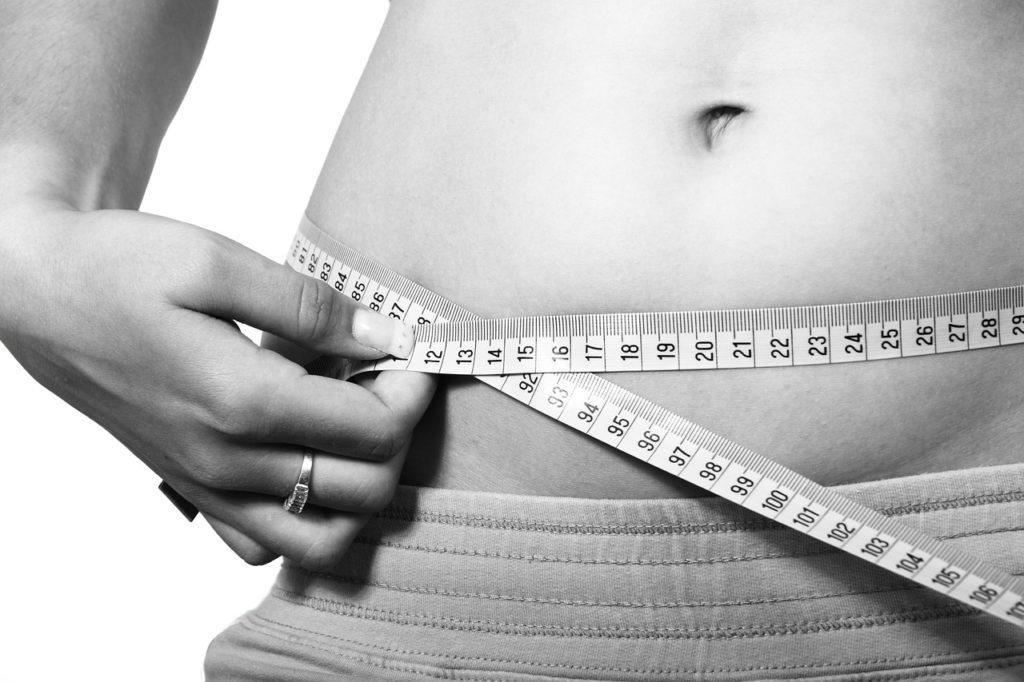Why Running Is Good For Weight Loss
Is running good for weight loss? Yes! But without knowing WHY running works, it’s easy to sabotage your efforts. Read on for useful info about running, calories and weight management.
Running For Calorie Burn
The basic formula for weight loss is simple: Burn more calories than you eat. For calorie burn it makes sense to run. Running is more efficient than other common aerobic exercises like walking, biking and swimming.
Compared with walking, running lets you burn about 3x the calories. Here’s an example for a 150-pound person:
- Walking: Burn 4 calories/minute
- Running: Burn 12 calories/minute
- Run 30 Minutes: Burn an extra 240 calories compared with walking
Furthermore, running brings afterburn. After each run your metabolism keeps working at an above-average pace for many hours. This is mostly because you inhale extra oxygen. The extra oxygen burns “bonus calories” that wouldn’t melt away after a walk. Researchers have found afterburn even 24 hours after exercise.
A 2012 study at the University of California found that compared with other types of exercise, running had a much greater effect on metabolism. The differences were dramatic: Running was seven to 20 times more effective depending on whether you measured BMI, inches lost from the waist, or another variable.
Eating For Weight Loss
 If running burns lots of calories, why might weight loss be slow? The weight loss formula is burning more calories than you eat… so it’s critical to consider food. You can burn lots of calories by running, but you can quickly “undo” the burn.
If running burns lots of calories, why might weight loss be slow? The weight loss formula is burning more calories than you eat… so it’s critical to consider food. You can burn lots of calories by running, but you can quickly “undo” the burn.
This seems like a problem because of course running makes us hungry.
The solution is eating a smarter selection of food. It’s true that Snickers will satisfy your hunger — but not for long. And you’d need to run a long time to burn off that candy bar. When you instead choose foods that are “whole” or unprocessed, you get a sense of fullness with fewer calories. Smart food examples are fiber-rich and water-rich foods such as apples, avocados, beans and soups.
In short, lowering your calorie intake is the best way to see running pay off as weight loss.
Better Together: Dieting And Running For Weight Loss
 Cutting calorie intake is essential for fast weight loss, but cutting calories alone isn’t the best approach. With a dramatic calorie cut your body will move into starvation mode. It will cling more fiercely to whatever fat you’ve got, preparing in case new calories aren’t in your near future.
Cutting calorie intake is essential for fast weight loss, but cutting calories alone isn’t the best approach. With a dramatic calorie cut your body will move into starvation mode. It will cling more fiercely to whatever fat you’ve got, preparing in case new calories aren’t in your near future.
Also, diet alone can’t build muscle — and muscle burns fat. But from month to month as you run to lose weight, you will see your metabolism rise as your fat/muscle ratio changes. You’ll also better appreciate your reflection with toned, tighter muscles.
Without exercise a diet change isn’t likely to bring permanent results. Most people regain any weight lost through simple calorie restriction — but when people add exercise, they tend to keep weight off. The National Weight Control Registry, which is devoted to studying successful weight loss, found that 90 percent of people who lost weight and kept it off were likely to report regular exercise. The average participant burned about 10,000 calories per month through exercise.
Running For Weight Loss… Or To Prevent Weight Gain?
Given all of the above, maybe it’s best to think of running as a way to prevent weight regain. Vigorous exercise is almost essential to keeping weight off long-term, but generally it isn’t enough for dropping lots of weight quickly.Running can help keep your weight under control if you fuel up wisely.
Other Treadmill Reviews:
- Amazon Big Spring Sale 2025 for Treadmills
- About: Brian Boyce
- Best Treadmills for Home
- Test HomePage
- NordicTrack Commercial X14i
- Echelon Stride
- NordicTrack C 590 Pro
- Sole TD80 Treadmill Desk
- NordicTrack Commercial X11i
- NordicTrack T 8.5 S - Pros & Cons (2025)
- Horizon Elite T5
- ProForm Pro 1000
- Exerpeutic TF1000
- NordicTrack T 6.5 S - Pros & Cons (2025)
- ProForm Sport 5.0
- ProForm Premier 900
- ProForm ZT6
- NordicTrack FreeStride Trainer FS5i (Discontinued)
- Bowflex Max Trainer M5
- BowFlex TreadClimber TC100
- ProForm Power 795
- ProForm Sport 7.0
- NordicTrack Incline Trainer X15i
- LifeSpan TR3000e Electric Folding
- NordicTrack C 1650 Treadmill
- Horizon Elite T9
- Official Boston Marathon Treadmill 4.0
- NordicTrack Treadmill Desk
- NordicTrack C 1630 Pro
- NordicTrack C 970 PRO
- Bowflex TC20 TreadClimber
